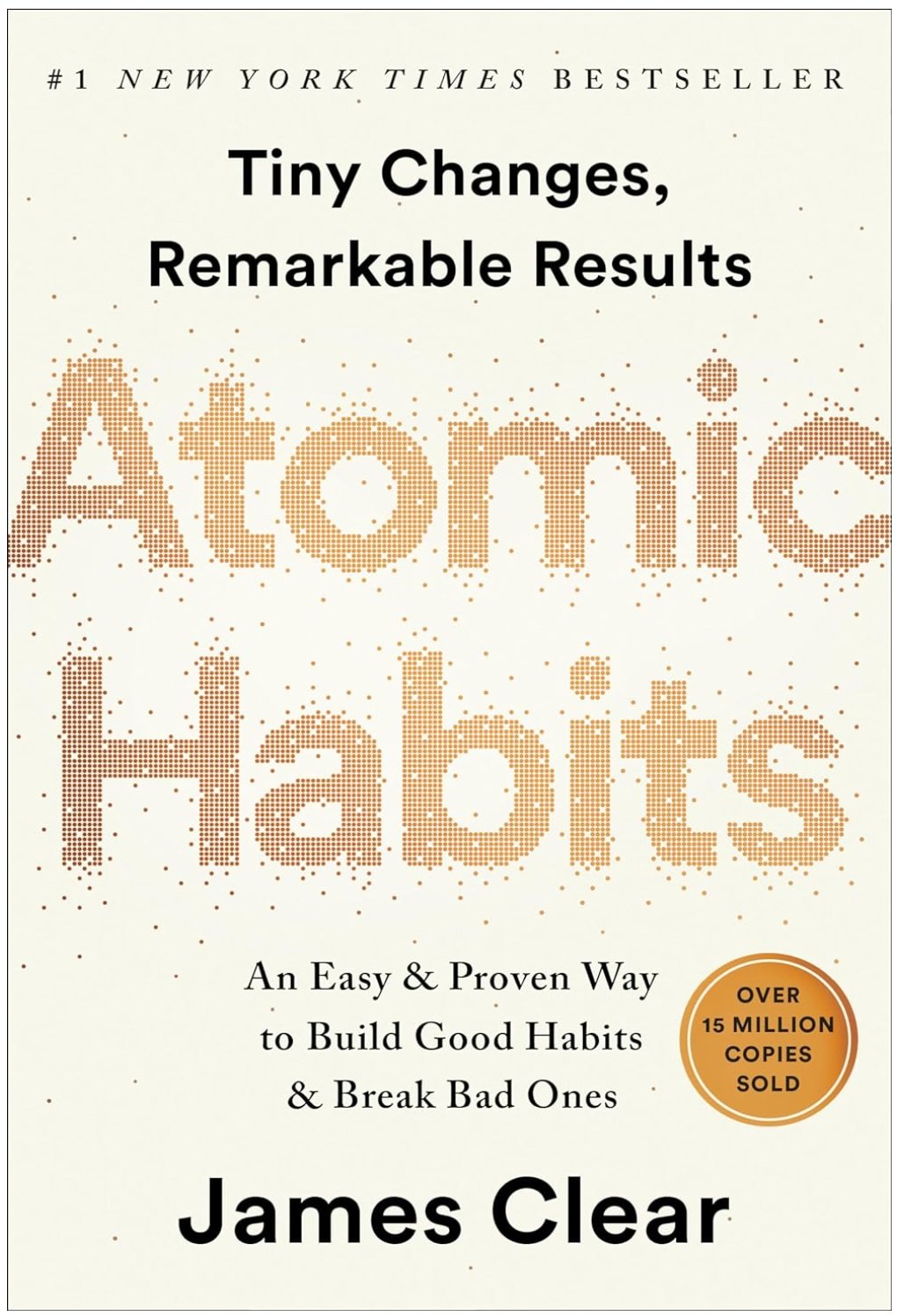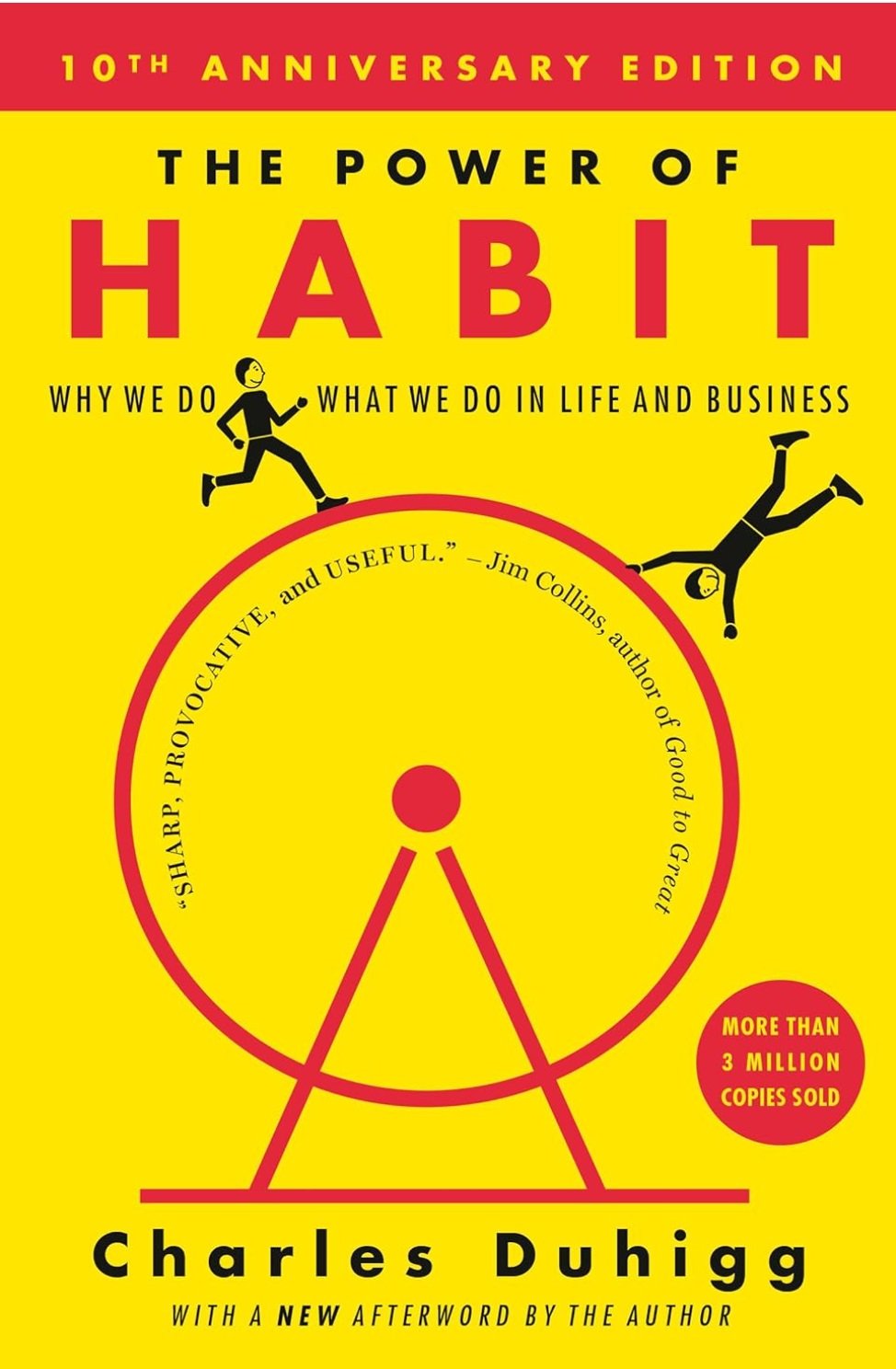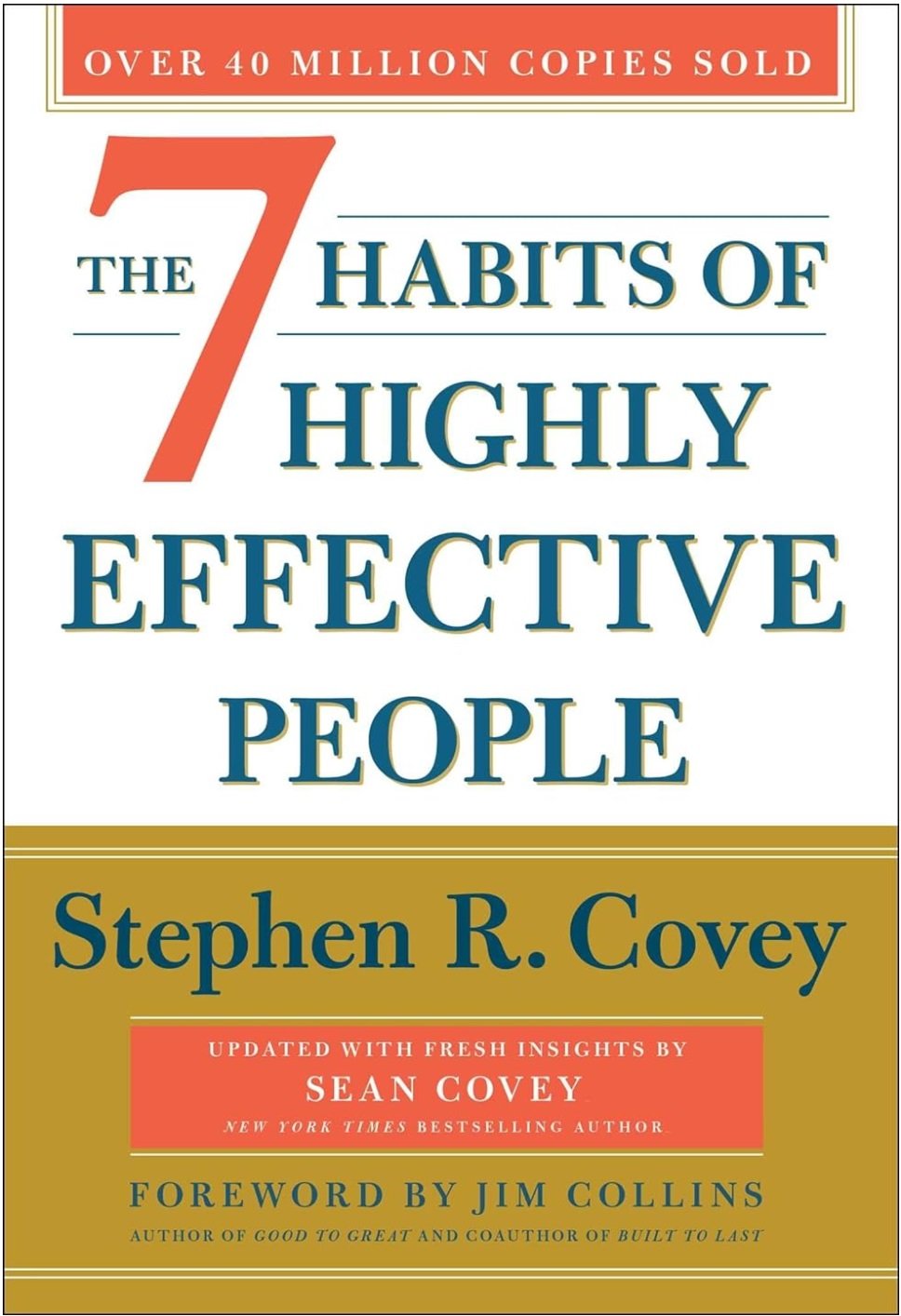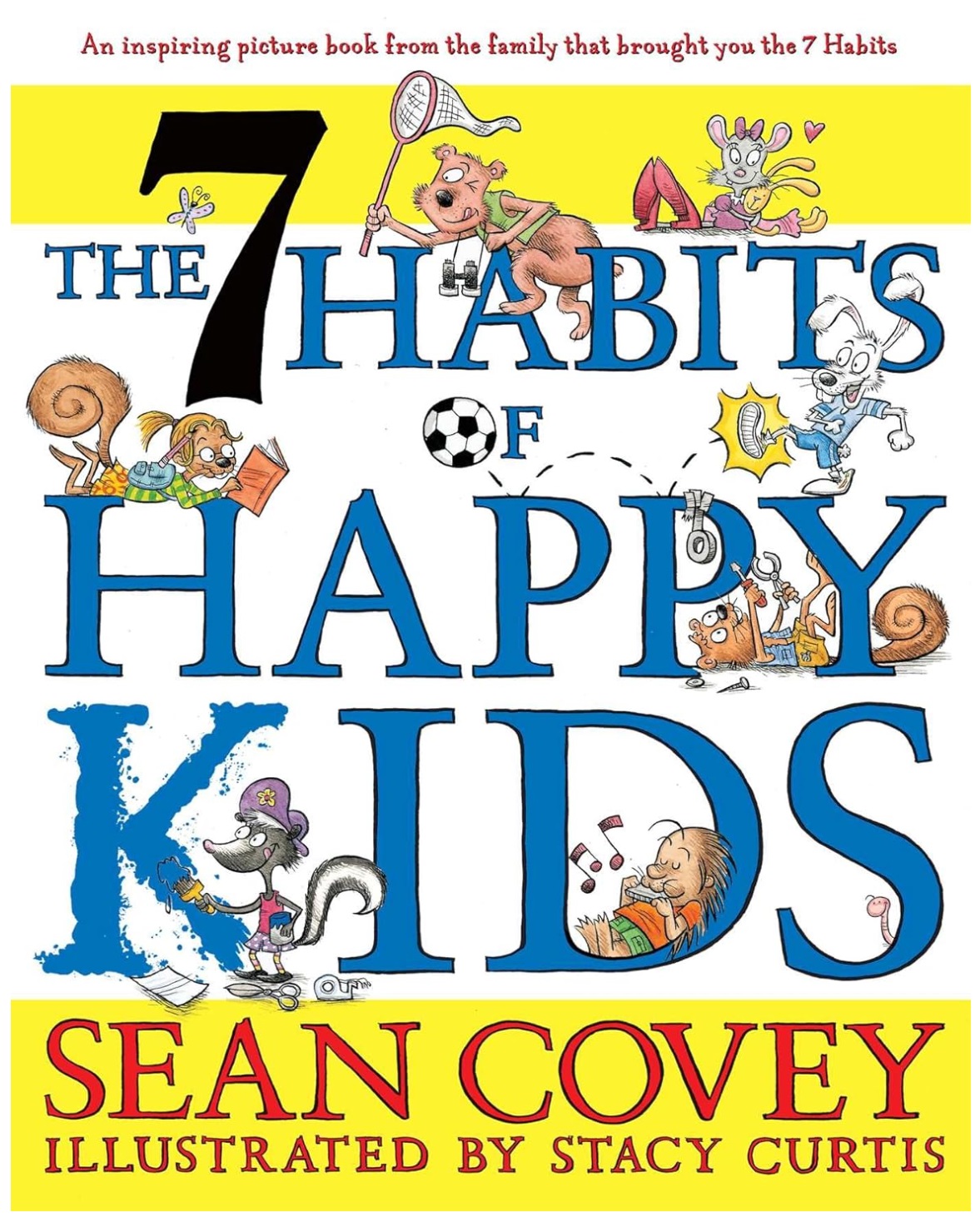- KEY POINTS
- Break bad habits by identifying triggers and replacing them with healthier routines for long-term success.
- Consistency and small, positive actions are essential for overcoming negative patterns and reinforcing better habits.
- Support systems and mindfulness practices accelerate the process of breaking bad habits and sustaining personal growth.
Bad habits have a way of creeping into our lives unnoticed. One day we’re just skipping a workout, and before long, it’s become a routine. Breaking free from these patterns can feel overwhelming, but I’ve learned that small, consistent efforts can shift the tide.
I’ve written extensively on this topic because I know the struggle personally. If you’ve ever tried to quit procrastinating or replace unhealthy behaviors, you know how discouraging it can be to fall back into old patterns. That’s why I want to guide you through actionable steps that have worked for me and many others. This post pulls together insights from my other blog posts, weaving a comprehensive guide to overcoming bad habits.
If you’re not sure where to start, my post Identifying Bad Habits: What’s Holding You Back? can help you understand the root cause. Awareness is half the battle, and once you recognize the triggers, it becomes easier to develop a plan.
Table of Contents
ToggleUnderstanding the Root of Bad Habits
One thing I’ve learned is that bad habits don’t appear out of thin air. They often stem from stress, boredom, or even subconscious routines that we’ve reinforced over time. When I took a closer look at my own habits, I realized that late-night snacking wasn’t just about hunger. It was my way of unwinding after a long day. Recognizing this allowed me to address the emotional need behind the habit.
In How to Overcome Common Bad Habits Like Procrastination, I dive deeper into why habits like putting things off persist. For me, procrastination was driven by a fear of failure or simply feeling overwhelmed by the task ahead. Small shifts, like setting timers for short bursts of work, slowly chipped away at that habit.
Reflecting on Your Triggers
- Ask yourself: When does the habit occur?
- What emotional state am I in?
- Is there a pattern to my environment or time of day?
Even simple journaling can uncover patterns. I often note the times I fall into bad habits and use that to find alternatives.
Replacing Bad Habits with Positive Actions
Once you’ve identified the bad habit, the next step is to replace it with something healthier. In my post Breaking the Cycle: Tools to Replace Bad Habits with Good Ones, I outline how substitution can make a huge difference. For instance, instead of scrolling on my phone during breaks, I walk outside for five minutes.
These small actions are key. Trying to eliminate a habit without a replacement leaves a void, making it easier to revert to old ways. I found that having a list of positive alternatives kept me focused.
Examples of Substitution:
- Replace sugary snacks with fruit or nuts.
- Swap phone time with reading a few pages of a book.
- Exchange negative self-talk with affirmations.
If this feels overwhelming, start with Tiny Shifts to End Bad Habits. I explore how incremental steps can lead to lasting results. A 1% improvement each day builds up over time, and before you know it, the habit loses its grip.
Building a Support System for Long-Term Success
Breaking bad habits isn’t something we have to do alone. In fact, one of the most powerful lessons I’ve learned is the importance of surrounding myself with people who uplift and hold me accountable. Having a support system can make the difference between success and relapse.
In my post How Support Systems Can Help You Break Bad Habits, I talk about how enlisting the help of friends, family, or even online communities created accountability that I couldn’t achieve on my own. When I wanted to cut back on procrastination, I asked a friend to check in on my progress. Just knowing that someone would ask pushed me to stay on track.
Why Support Systems Matter
When you’re working on breaking bad habits, it’s easy to justify “just this once.” But when someone else is in the loop, there’s an added layer of responsibility. Support systems:
- Provide encouragement during setbacks.
- Celebrate small wins, reinforcing positive change.
- Offer reminders of your goals.
I found that when I shared my goals openly, not only did I get support, but I also felt more committed. Writing things down or saying them aloud made them real.
Finding the Right Support
Your support system doesn’t need to be large. In fact, a small, trusted group can often be more impactful than a crowd. If you’re not sure where to start, look at your existing network. Is there someone who shares similar goals? Could you join a fitness class or an online forum?
I recall joining an online accountability group when I decided to focus on mindfulness. This led me to write Mindfulness Techniques to Break Bad Habits, which focuses on how simple mindfulness practices can reinforce positive behavior.
Practical Tips to Build a Support Network:
- Join local or virtual groups.
- Find an accountability buddy who checks in weekly.
- Ask a mentor or coach to guide you.
Even if you start with one person, having that connection makes the journey less isolating. When I worked on improving my sleep habits, I leaned on a friend who had gone through the same process. We shared tips, tracked progress, and kept each other accountable.
The Ripple Effect of Community
Breaking bad habits has a ripple effect that extends beyond just the habit itself. I found that once I stopped procrastinating, I became more productive in other areas. This positive momentum spilled over into my health, relationships, and overall mindset.
I touch on this idea in The Long-Term Impact of Breaking Bad Habits. When we succeed in one area, it boosts our confidence to tackle others. I started small, and over time, those small victories added up.
If you’re in the middle of breaking a habit and feeling stuck, lean into your support system. Reach out. The progress may be slow at first, but the results compound.
Small Steps That Create Big Change
When it comes to breaking bad habits, small steps can lead to massive transformations over time. I’ve learned that the key isn’t about grand gestures but about consistently making tiny positive changes.
One of the first shifts I made was replacing my evening social media scroll with reading. It was a small, simple adjustment, but over weeks it turned into a new nightly routine. This idea is the foundation of my post Tiny Shifts to End Bad Habits, where I explore how micro-changes stack up to significant results.
Why Small Steps Work
Big, sweeping changes often fail because they’re overwhelming. However, by focusing on one tiny shift, the brain registers the action as manageable. Over time, these small steps rewire how we think and behave.
For example:
- Instead of quitting caffeine cold turkey, I started by swapping one cup of coffee for herbal tea.
- When I wanted to stop snacking late at night, I moved unhealthy snacks out of sight and placed fruit on the counter.
These actions seem minor, but by committing to them daily, the long-term effect was undeniable.
Replacing the Bad with the Good
It’s not enough to simply stop doing something. To truly break a habit, you need to replace it with a positive alternative. This strategy is one I dive into in detail in Breaking the Cycle: Tools to Replace Bad Habits with Good Ones.
For me, when I realized I was spending too much time procrastinating, I didn’t just try to stop. I filled that space with a 10-minute meditation or a short walk. This swap allowed my brain to associate procrastination triggers with something constructive rather than negative.
Effective Replacement Strategies:
- Identify Triggers – Recognize what cues the bad habit. Is it stress, boredom, or fatigue?
- Choose a Simple Replacement – Pick something easy, like deep breathing, stretching, or journaling.
- Reward the New Behavior – Celebrate the shift, even if it feels small.
Over time, this process became second nature. My procrastination cue slowly became a trigger for productive action.
Tracking Progress and Celebrating Milestones
Tracking progress was a game-changer for me. I used a journal to mark small wins, even if it was just noting that I avoided a bad habit for one day. Reflecting on progress kept me motivated and made me realize how much I had accomplished over time.
In my post Stop Bad Habits with Positive Small Steps, I break down how small actions can create momentum. Celebrating progress—even if it feels trivial—reinforces the positive loop, making it easier to keep going.
I made it a point to reward myself for milestones. When I hit 30 days of avoiding late-night snacking, I treated myself to a new book. These small rewards added joy to the process.
Simple Ways to Track Progress:
- Use a habit tracker app or journal.
- Share wins with a friend or accountability partner.
- Reflect weekly on what went well and what could improve.
By focusing on progress rather than perfection, I stayed motivated through setbacks.
The Power of Momentum
One of the most surprising lessons I learned is that progress often starts slowly but gains speed over time. I call this the “momentum effect.” Once I successfully replaced one bad habit, I felt more empowered to tackle the next.
This domino effect is something I discuss in Rewiring Your Mind for Success. Success in breaking bad habits builds confidence, leading to personal growth in other areas.
Looking back, I’m amazed at how much changed by simply starting small.
Conclusion
Breaking bad habits is a journey that requires patience, persistence, and the right tools. By identifying the root causes of negative patterns and applying small, mindful changes, we empower ourselves to build better habits and create lasting transformation. Whether it’s through rewiring our mindset, leveraging the support of others, or making tiny daily adjustments, each step brings us closer to personal growth and success.
Remember, progress is progress—no matter how small. If you’re ready to dive deeper into actionable strategies, check out posts like Tiny Shifts to End Bad Habits and Breaking the Cycle: Tools to Replace Bad Habits with Good Ones. Every habit you break opens the door to new possibilities and a more fulfilling life.
References
Blog Post References
- Identifying Bad Habits: What’s Holding You Back?
- How to Overcome Common Bad Habits Like Procrastination
- Breaking the Cycle: Tools to Replace Bad Habits with Good Ones
- How Support Systems Can Help You Break Bad Habits
- The Long-Term Impact of Breaking Bad Habits
- Rewiring Your Mind for Success
- Tiny Shifts to End Bad Habits
- Mindfulness Techniques to Break Bad Habits
- Stop Bad Habits with Positive Small Steps



































